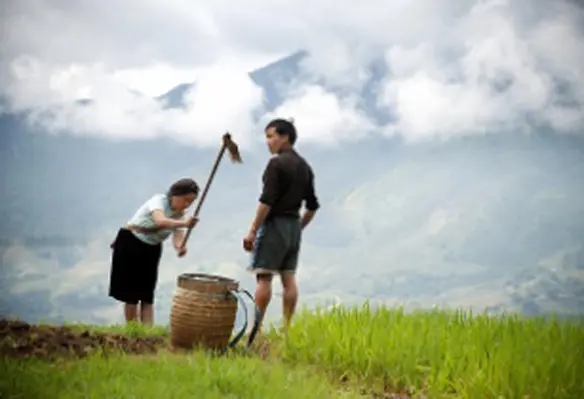The global land rights group, Landesa, and UK governments Department for International Development (DFID) LEGEND Programme have launched the Resource Platform for Responsible Investments in Property and Land (RIPL) to help businesses, governments and communities navigate the land investment process and move towards more equitable and sustainable outcomes for all stakeholders
For companies doing business in the Global South, the land is vital to supply chains worth billions of dollars worldwide. For women, men and youth living in investment areas, the same land is a source of income, food, security, identity and shelter. When these competing interests come into contact, disputes are often inevitable – especially in the face of weak, overburdened, or nonexistent governance, or corruption.
The RIPL guidance draws upon field research in Ghana and Tanzania; case studies conducted on ongoing investments; Landesa’s experiences working with governments, communities and companies in our other work; and guidance developed by global partners, including the Interlaken Group, Grow Africa, Namati and USAID.
“Land investments are unique, complex and often messy, and don’t respond well to a one-size-fits-all approach,” said Landesa CEO Chris Jochnick. “The RIPL Resource Platform was built to provide tailored, flexible guidance that can be adapted to local contexts, giving all stakeholders a roadmap for navigating the investment process. The guidance is essential and timely because failing to address land rights has consequences for everyone.”
Companies face significant reputational risk and can see profits dip as land disputes interrupt or delay projects, while families can find themselves displaced from ancestral lands of deep social and economic significance, often without consent or compensation.
Land investments can also inadvertently exacerbate entrenched inequalities between women and men farmers. And in the worst cases, people pay with their lives. A recent report by Global Witness and The Guardian found that at least 197 land defenders were murdered in 2017, often within the context of land investments gone awry.




